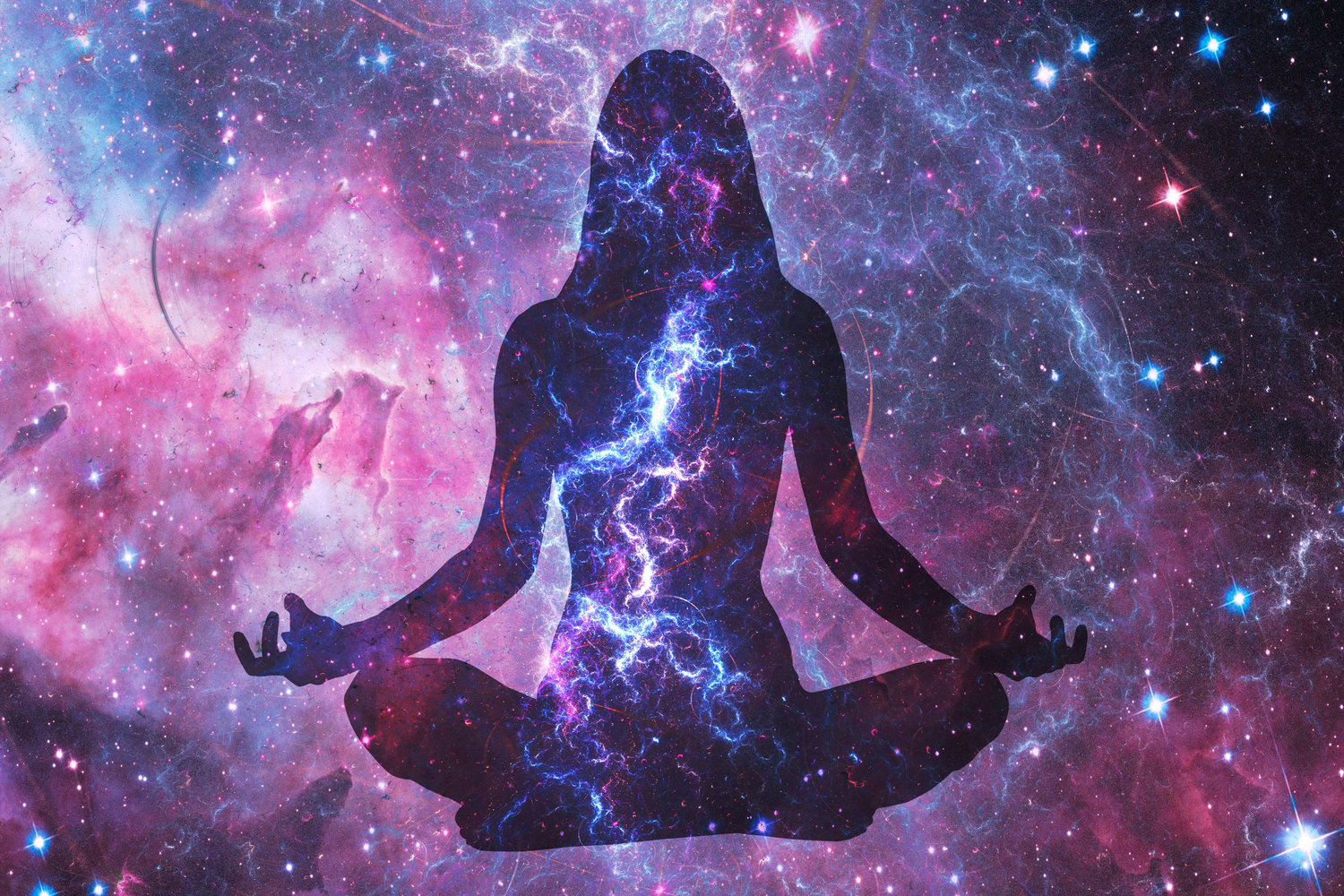The Dream of Life
All of life is a dream or a series of waking dreams. We dream our surroundings, we dream our friends, our relations, we dream our bodies, we dream our dreams. There is no beginning and there is no end.
You see life in a certain way, you’re caught in a web, a maze that you constructed. You’re in a program that you’ve written, and you can’t get out of it. All you can do is experience again and again the same thing, the parameters of your life. But when you meditate, meditation raises us up for a while and we go beyond our world. It’s like taking a vacation. When you take a vacation, it’s easy to change. You leave the frame of reference, your place of conditioning. You go away for a while and it’s easy to start over, to make changes in your life.
Now, the trick is, of course, when you come back, to realize that you haven’t come back. And that the place you’re returning to never existed before. If you take a vacation, go away, make a lot of good resolutions about how you’re going to change your life and then come back home, then you’ll fall back in the same patterns. Your conditioning will pull you back. But when you go away on a vacation, if you realize that when you come back you’re not coming back, but you’re going there for the first time, that the place you came from, where you lived before, no longer exists. It was a state of mind, and when you’ve now stepped out of that state of mind that’s ended, and now you’re going back, not to memories and experiences that you’ve had there before, but you’re going there for the first time, then it’s easy to maintain one’s new dream or one’s new level of attention.
The real programming of an individual, the real conditioning of an individual, is dreaming. When you are born, you have no dreams. Dreaming comes from the vibratory fields of attention in this world. Everyone who is here is experiencing a dream. If you would imagine that everyone on the street–let’s say you go out onto a busy street, and there are hundreds and hundreds of people walking around to and fro, like Third Avenue in New York at noon. Hundreds of people walking around. But they’re all asleep. If they’re all asleep and they’re walking around in a dream, and you were awake and you saw this, you would see that each one has a different dream. If for a moment you could access their dreams, if you could look inside each one, you’d see that they’re all having these different dreams. And one will look at a restaurant and another will look at the same restaurant, and they’ll see it in very different ways. Their dreams are different. Yet there are certain conventional patterns.

That’s how it really is–everyone is dreaming, they just think they’re awake–to one who is enlightened, who is waking, who is wakefulness. There are certain basic dreams that people have, and you’ve been imprinted. These dreams have been shown in your screen of your consciousness again and again, to the point where you don’t know that they’re dreams. Meditation allows you to change that because the dreams are not particularly nice dreams, they’re not very healthy, that most people dream in this world: greed, suspicion, fear, desire, very limited dreams. Not a good show at all. When you meditate, you rise above that.
Try to become more conscious of your dreams. Not so much even the dreams that you have at night, but the dreams that you have during the day. Realize that you are separate from them, that they are videotapes that you’re watching. When you meditate, what you’re doing is popping out the cassette for a while and seeing what it’s like not to be plugged into anything in particular.
Your dreaming is what you do in life. You dream your career, you dream your wife or your husband or your friends, you dream your death. We set it all up, is what I’m saying. But I’m suggesting that the way you set it up may not be the way you really want it to be. The cassettes you have–you think you have the choice, the ten cassettes; you think that that’s all there is. And I’m suggesting that there are millions of them. It’s an unlimited video rental library. There are many more than you realize. But you’re not aware of the titles. You assume or take for granted, you think this is all there is: “This is life. Hey, this is what everybody experiences, this is the range of human experience, and I can pick and choose from these. This is the range of existence.” But it’s not. The catalogue is endless.
Quotes by Dr. Frederick Lenz, Rama, reprinted or included here with permission from The Frederick P. Lenz Foundation for American Buddhism
